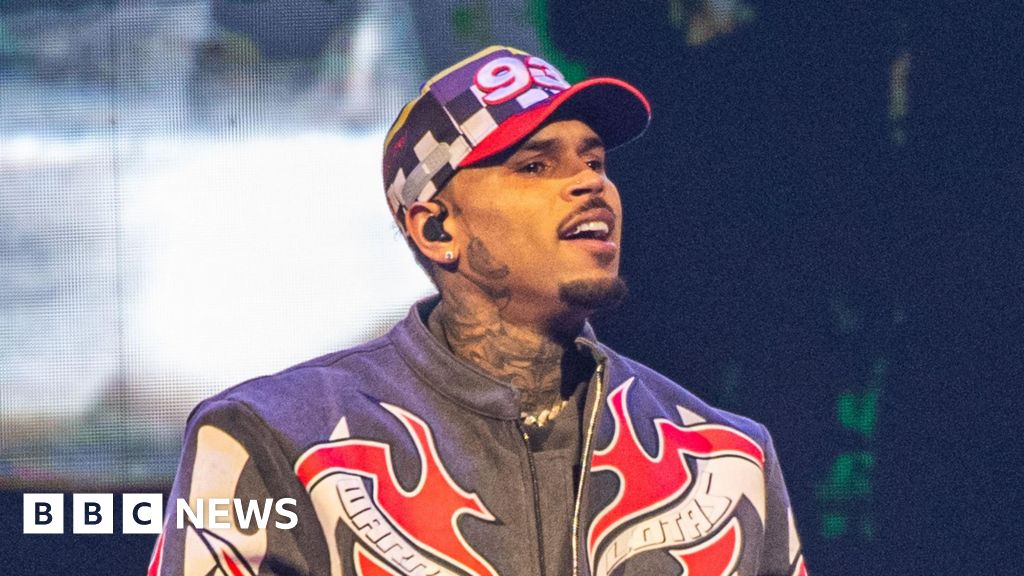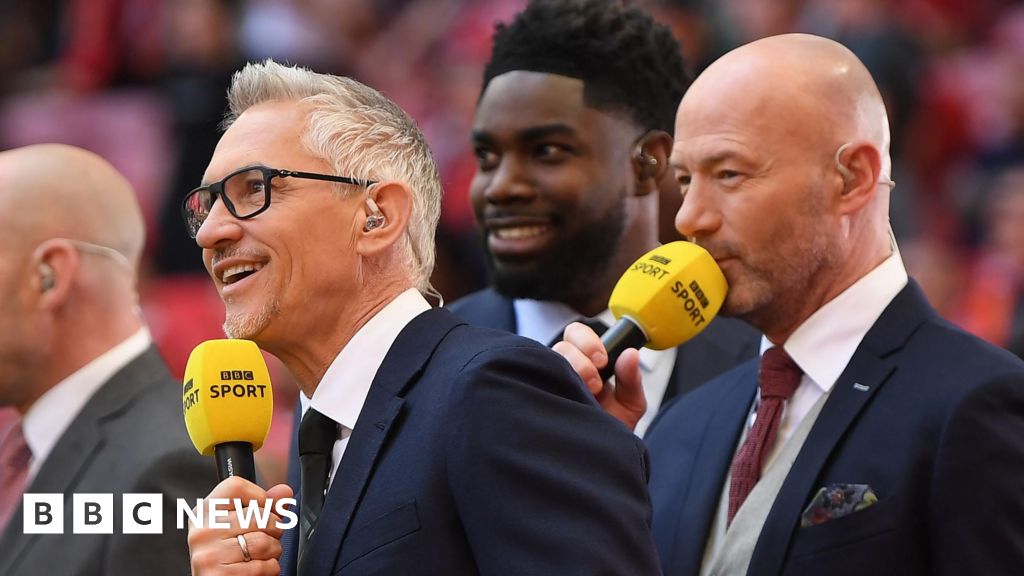ARTICLE AD BOX
Watch: The BBC's Jeremy Bowen reports from Kfar Aza in southern Israel
By Ian Youngs & Paul Glynn
BBC News
The BBC has defended its decision not to describe Hamas militants as "terrorists" in coverage of the recent attacks in Israel.
UK Defence Secretary Grant Shapps said the policy is "verging on disgraceful".
A BBC spokesperson noted it was a long-standing position for its reporters not to use the term themselves unless attributing it to someone else.
Veteran BBC foreign correspondent John Simpson said "calling someone a terrorist means you're taking sides".
But Mr Shapps said the BBC needs to locate its "moral compass".
"I actually think it is verging on disgraceful, this idea that there is some sort of equivalence, and they'll always say, well there's two sides," he told LBC.
He said Hamas, who have "gone out and slaughtered innocent people, babies, festival-goers, pensioners", is a proscribed organisation in the UK - meaning the government officially views it as a terrorist organisation that is illegal to support.
"They are not freedom fighters, they are not militants, they are pure and simple terrorists and it's remarkable to go to the BBC website and still see them talking about gunmen and militants and not calling them terrorists," Mr Shapps said.
Foreign Secretary James Cleverly and Culture Secretary Lucy Frazer have also urged the broadcaster to revise its policy, while Labour leader Sir Keir Starmer said the BBC "needs to explain why it isn't" using that word.
"I said 'terrorism' and 'terrorist', and to me that's obviously what we are witnessing," Mr Starmer told LBC.
A BBC spokesperson said: "We always take our use of language very seriously.
"Anyone watching or listening to our coverage will hear the word 'terrorist' used many times - we attribute it to those who are using it, for example, the UK Government.
"This is an approach that has been used for decades, and is in line with that of other broadcasters.
"The BBC is an editorially independent broadcaster whose job is to explain precisely what is happening 'on the ground' so our audiences can make their own judgment."
'Let the audience decide'
Simpson responded to the criticism in a post on X. "British politicians know perfectly well why the BBC avoids the word 'terrorist', and over the years plenty of them have privately agreed with it," he wrote.
"Calling someone a terrorist means you're taking sides and ceasing to treat the situation with due impartiality.
"The BBC's job is to place the facts before its audience and let them decide what they think, honestly and without ranting."
Among other broadcasters, Sky News declined to comment and ITN - which provides news for ITV, Channel 4 and Channel 5 - lets its newsrooms decide on a case-by-case basis. Stories on the Sky News and ITV News websites mainly refer to Hamas militants or fighters, although ITV has also described them as terrorists.
The Israel-Gaza war has dominated the news since the weekend, when Hamas entered communities in Israel, killing 1,200 people and taking dozens of hostages.
Israel has responded by bombing Gaza, killing more than 1,000 people in air strikes, and cutting its supplies of electricity, fuel and water.
What do BBC guidelines say?
The corporation's editorial guidelines say the word "terrorist" can be "a barrier rather than an aid to understanding".
They say: "We should convey to our audience the full consequences of the act by describing what happened.
"We should use words which specifically describe the perpetrator such as 'bomber', 'attacker', 'gunman', 'kidnapper', 'insurgent' and 'militant'.
"We should not adopt other people's language as our own; our responsibility is to remain objective and report in ways that enable our audiences to make their own assessments about who is doing what to whom."

 1 year ago
33
1 year ago
33








 English (US) ·
English (US) ·